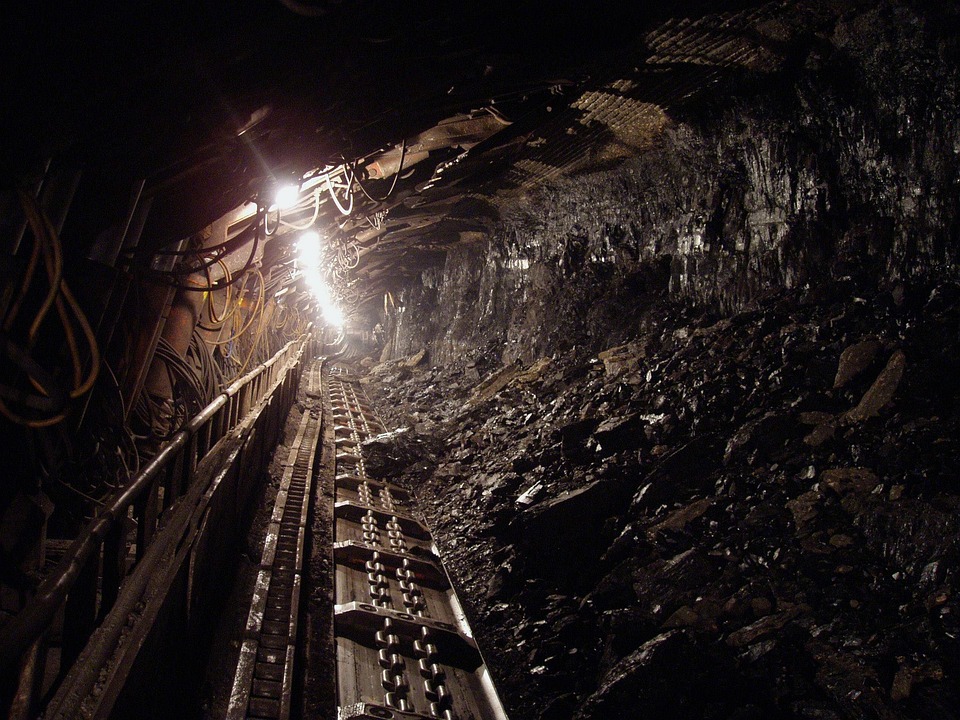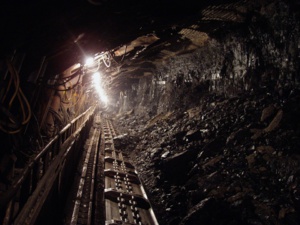Roselle Chen reports to Reuters that under the initiative of EU programme, scientists have gathered together to come up with methods of clearing mines that proves cheap and are easily accessible.
Many of the mines are left unexploded due to “past conflicts” causing “an ongoing global problem”. According to experts at present there are over hundred million such mines all over the world. In an attempt to find out and to “neutralize unexploded landmines”, the European Commission is bringing together twenty teams of scientists.
The said project has been entitled as Tiramisu, wherein the Military Institute of Engineering Technology’s team headed by Professor Adam Januszko has presented five designs, whereby the device aims at a detonator of a mine. Therefore it is “inoperable” as well as “safe to dispose of”. In the words of Professor Adam Januszko:
"We use an explosive charge placed in the housing, which is detonated by a fuse, and in this section we placed a very important element. We call it an insert, which means that we can shoot it at the mine's detonator trying to neutralize it. A mine without a detonator will not explode."
In any project, the outcome should be safe, easy to use and should be affordable which could be used by even “inexperienced operators”. Among the other devices that were created by the team requires to burn at over “2,500 degrees Celsius”, whereby it “destroys the mine without causing an explosion”.
Moreover, another design is of a “tractor-based mine detonating vehicle” which comes with a “modified explosives transportation container”. The same can be towed, while its modified lid allows a “possible explosive blast” to escape upward. The above mentioned tools will be “tested and validated in mine-affected countries”. The most successful design has a possibility of being used “by governments, private firms and NGOs involved in demining projects”.
References:
http://www.reuters.com/
Many of the mines are left unexploded due to “past conflicts” causing “an ongoing global problem”. According to experts at present there are over hundred million such mines all over the world. In an attempt to find out and to “neutralize unexploded landmines”, the European Commission is bringing together twenty teams of scientists.
The said project has been entitled as Tiramisu, wherein the Military Institute of Engineering Technology’s team headed by Professor Adam Januszko has presented five designs, whereby the device aims at a detonator of a mine. Therefore it is “inoperable” as well as “safe to dispose of”. In the words of Professor Adam Januszko:
"We use an explosive charge placed in the housing, which is detonated by a fuse, and in this section we placed a very important element. We call it an insert, which means that we can shoot it at the mine's detonator trying to neutralize it. A mine without a detonator will not explode."
In any project, the outcome should be safe, easy to use and should be affordable which could be used by even “inexperienced operators”. Among the other devices that were created by the team requires to burn at over “2,500 degrees Celsius”, whereby it “destroys the mine without causing an explosion”.
Moreover, another design is of a “tractor-based mine detonating vehicle” which comes with a “modified explosives transportation container”. The same can be towed, while its modified lid allows a “possible explosive blast” to escape upward. The above mentioned tools will be “tested and validated in mine-affected countries”. The most successful design has a possibility of being used “by governments, private firms and NGOs involved in demining projects”.
References:
http://www.reuters.com/






